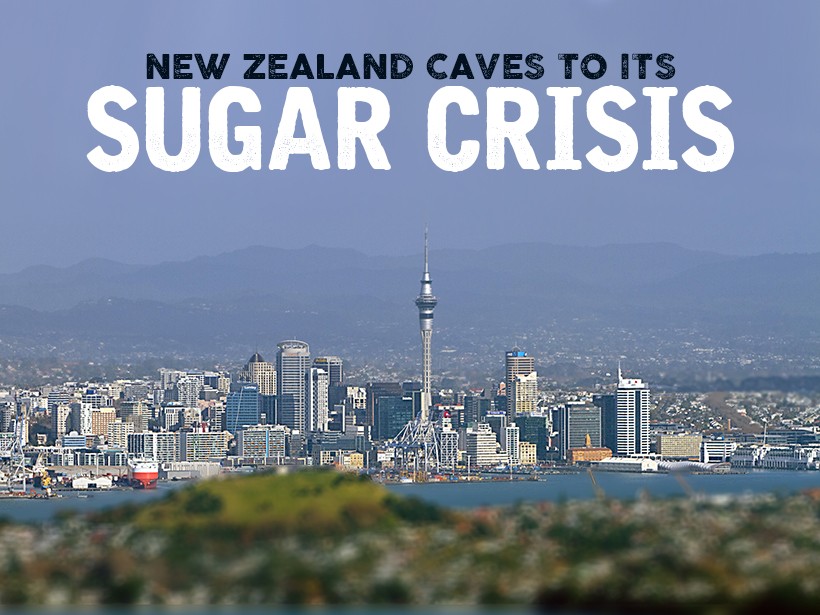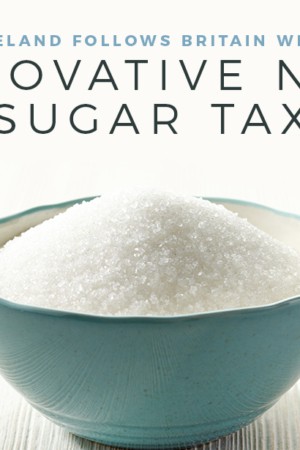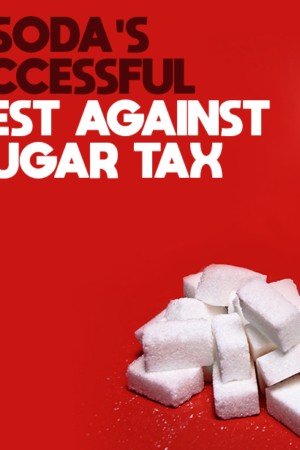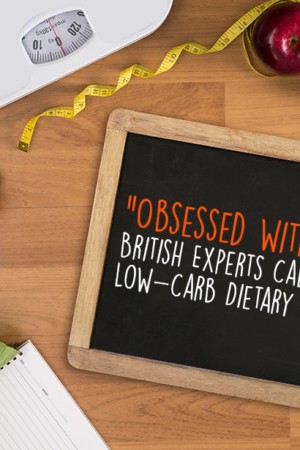The government of New Zealand has recognized a problem: obesity, caused by sugar. Health Minister Dr. David Clark has said that obesity rates and diabetes are a “serious issue,” and that he expects the food industry in New Zealand to respond to the crisis. To clarify “serious”: New Zealand has the third highest rate of adult obesity in the world, behind only the United States and Mexico.1 The problem, however, is that Clark and the New Zealand government have proposed no real solution; having considered the variety of sugar and soda taxes in other countries struggling with similar crises (including Mexico and several major U.S. cities), the government of New Zealand has decided against implementing its own.
Waiting for a Miracle
The government’s decision is based on a commissioned study by the New Zealand Institute for Economic Research (NZIER), which described such taxes as ineffective.2 The study, a literature review, critiqued the findings of other studies around the world, and has since been taken up by free-market columnists and food industry companies as proof that the government should keep its hands off sugar.
And although circulated over the course of the past few months, a tax never came. Clark is apparently relying on the responsibility of the food industry to solve the problem. “There is a clear expectation that we need to have a credible path to reduce sugar in food,” he said. “If that path isn’t credible then we’re not afraid to regulate.”
Gerhard Sundborn, founder of the anti-soda campaign group FIZZ, said in response that he had little faith in the government’s supposed strategy, or in the conscientiousness of the sugar industry. “Clearly if the industry was going to make meaningful progress about reducing sugar in their products it would have happened already.”3 What’s more, Clark’s threat makes little sense. If the inefficiency of regulation was the reason for no tax, why would this change in the future?
Letting Sugar Regulate Itself
If the logic and motives of the New Zealand government’s resistance to a sugar tax remain unclear, one thing is not: New Zealanders remain just as susceptible to the predations of the sugar industry. And with a poll last year showing that two-thirds of New Zealanders support a tax, it certainly isn’t public opposition that’s stopping the government.4 It seems New Zealanders will have to rely not on government leadership but on companies like Coca-Cola to help combat the crisis in public health. Coke, always prepared to help consumers make smart choices about how best to drink Coke, released a statement at the end of last year, saying, “We are confident we can do more to encourage Kiwis to make informed decisions about their sugar intake and look forward to having this dialogue.”5 Inspiring stuff.
NUTRITIONAL DISCLAIMER
The content on this website should not be taken as medical advice and you should ALWAYS consult with your doctor before starting any diet or exercise program. We provide nutritional data for our recipes as a courtesy to our readers. We use Total Keto Diet app software to calculate the nutrition and we remove fiber and sugar alcohols, like erythritol, from the total carbohydrate count to get to the net carb count, as they do not affect your blood glucose levels. You should independently calculate nutritional information on your own and not rely on our data. The website or content herein is not intended to cure, prevent, diagnose or treat any disease. This website shall not be liable for adverse reactions or any other outcome resulting from the use of recipes or recommendations on the Website or actions you take as a result. Any action you take is strictly at your own risk.
- For Keto, the Everyday Research Says it All - March 6, 2019
- Huge Harvard Study Backs Up the Wide-Ranging Benefits of a Low-Carb Diet - February 25, 2019
- Experts Convene for Keto Conference - July 30, 2018




